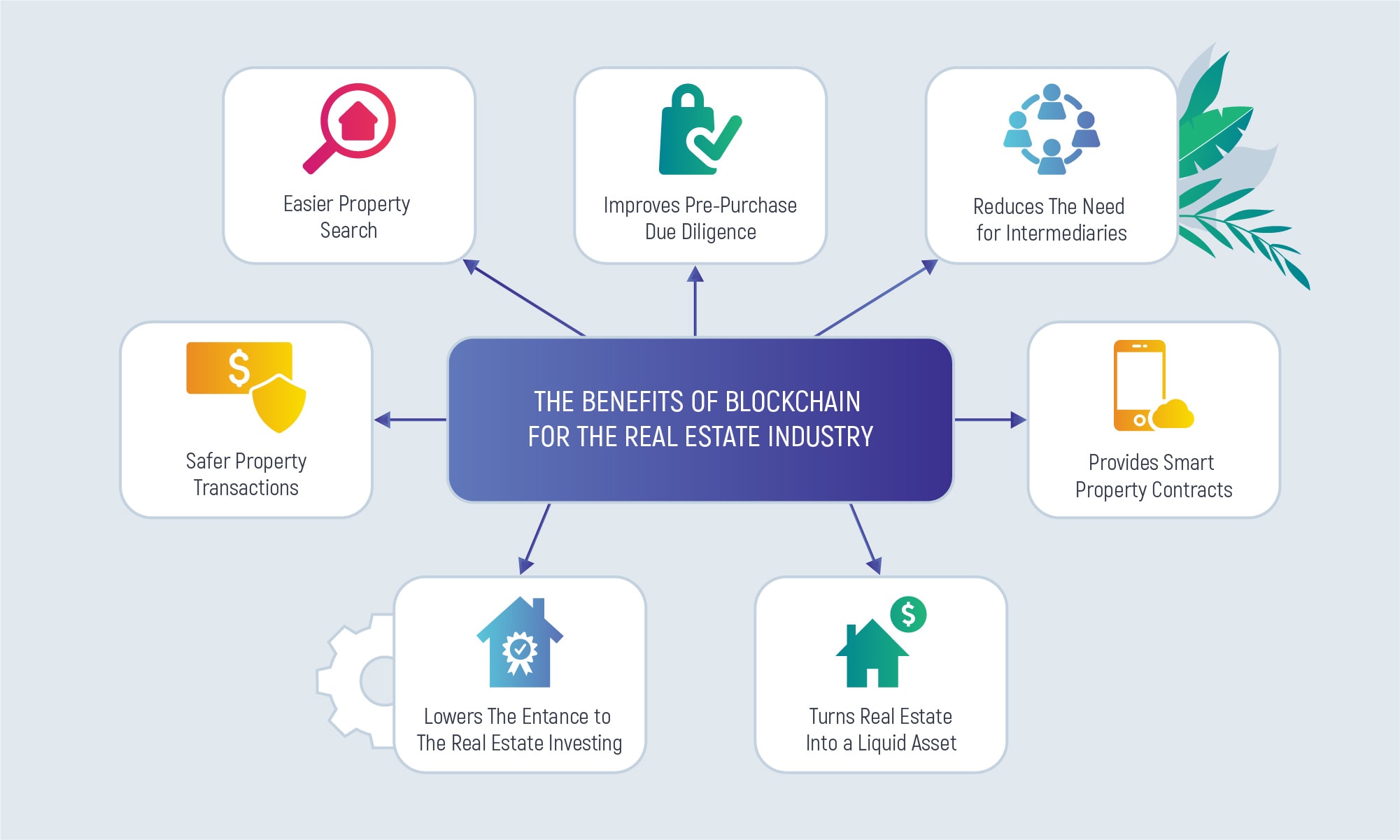The Benefits Of Tokenized Real Estate On Blockchain
In the world of real estate, buying and owning property has traditionally been synonymous with exclusivity, high entry barriers, and illiquidity. But what if we told you that all of this is about to change? Imagine being able to own a fraction of a prime property in Manhattan or a luxurious villa in the Italian countryside, without having to shell out millions of dollars or deal with cumbersome paperwork.

- The Future Of Blockchain In Decentralized Finance Defi
- Demystifying The World Of Cryptocurrency A Deep Dive Into Proof Of Stake
- What Is The Role Of Decentralization In Blockchain Technology
- The Rise Of Cryptocurrency In Decentralized Finance A New Era Of Financial Freedom
- The Rise Of Decentralized Exchanges: Revolutionizing The Crypto Trading Landscape
This is precisely what tokenized real estate on blockchain has made possible. By dividing ownership of a property into smaller, digitally represented tokens, this innovative technology is democratizing the world of real estate and unlocking a wide range of benefits for investors, property owners, and other stakeholders.
Let’s dive deeper into the advantages of tokenized real estate on blockchain and explore what makes this technology so exciting.
Accessibility and Liquidity
In traditional real estate, buying a property typically requires a significant amount of capital, which can be a major obstacle for many would-be investors. Tokenized real estate changes this by allowing multiple investors to co-own a property through the purchase of tokens. These tokens can be traded on blockchain-based platforms, providing a level of liquidity that was previously unimaginable in real estate.
Imagine being able to buy a small stake in a property and then sell it easily when you need to, without having to go through the lengthy and often costly process of selling an entire property. This increased liquidity is a game-changer for investors, who can now diversify their portfolios with-relative ease.
Transparency and Efficiency
Blockchain technology, which underlies tokenized real estate, is built on principles of transparency, security, and efficiency. All transactions involving tokenized properties are recorded on a public ledger, ensuring that the ownership and provenance of each token are immutable and tamper-proof.
When it comes to buying and selling tokenized properties, the process is lightning-fast and automated, with smart contracts on the blockchain enforcing the terms and conditions of each transaction. This means that intermediaries, such as lawyers and brokers, are no longer necessary, resulting in cost savings for investors.
Raising Capital and Opening Up New Markets
Tokenized real estate on blockchain also makes it easier for property developers to raise capital from a wider range of investors. By dividing ownership of a property into smaller tokens, developers can attract a more diverse group of investors, including smaller investors who might not have had access to traditional funding routes.
This increased access to capital can also lead to the development of new properties in previously underserved markets. By opening up investment opportunities in real estate to a broader audience, tokenized real estate has the potential to spur economic growth and urbanization.
Creating a New Asset Class
Tokenized real estate is also creating a new asset class that combines the benefits of traditional real estate with the liquidity of stocks and bonds. Investors can now add tokenized properties to their portfolios alongside other assets, providing a hedge against market volatility.
The creation of this new asset class is also generating new opportunities for asset managers and other financial institutions. For example, index funds and other investment vehicles can now be created to track the performance of tokenized real estate, providing investors with new ways to gain exposure to this burgeoning market.
Regulatory Environment and Future Prospects
As the tokenized real estate market continues to grow, regulatory frameworks are evolving to support it. Governments and institutions are beginning to develop rules and guidelines for tokenized real estate, which will help to build trust and confidence in this emerging market.
In the future, we can expect to see tokenized real estate become an increasingly important part of the global real estate market. As the technology continues to mature and investor demand grows, we will see new opportunities emerge for investors, property owners, and other stakeholders.
In conclusion, tokenized real estate on blockchain is revolutionizing the way we buy, own, and invest in property. With its increased accessibility, liquidity, transparency, and efficiency, it is transforming the real estate market as we know it. As this technology continues to grow and evolve, we can expect to see new opportunities emerge and new markets open up, which will have far-reaching implications for the global economy.
